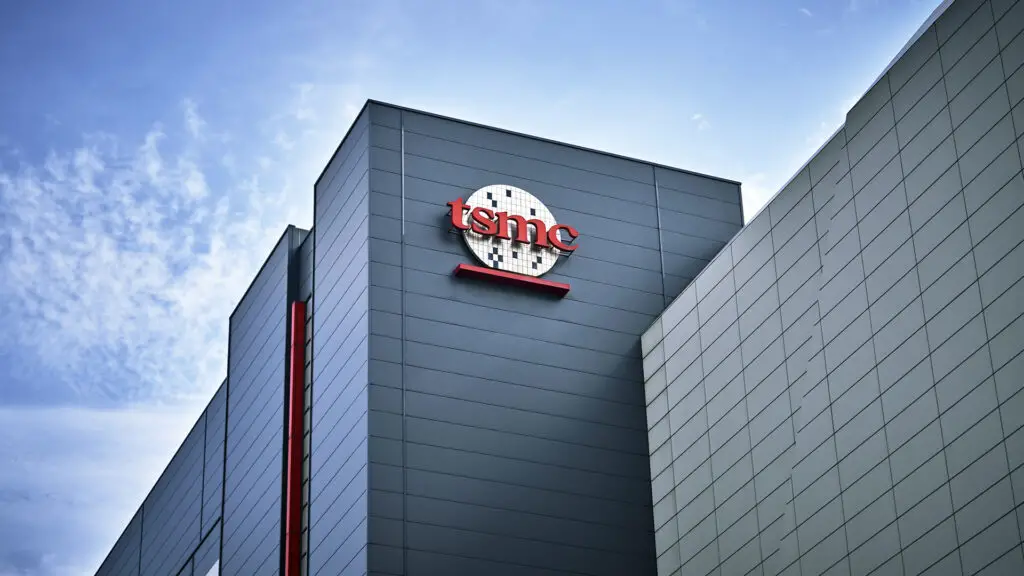Taiwan Semiconductor Manufacturing Co. (TSMC), the world’s leading contract chip manufacturer, might face a substantial financial penalty, potentially exceeding $1 billion, according to anonymous sources cited by Reuters. While not a crippling sum for the semiconductor titan, it represents a significant development. This potential settlement stems from a US Department of Commerce investigation into whether the firm violated export controls by indirectly supplying chips to the Chinese tech giant Huawei.

Background on Alleged Huawei Chip Supply
The situation gained attention late last year when TSMC reportedly informed US authorities that a Huawei product, the Ascend 910B AI processor, incorporated one of its semiconductors. Subsequently, the US government added computing design company Sophgo to its ‘Entity List’, suspecting it acted as an intermediary funneling TSMC components to Huawei, potentially without the manufacturer’s awareness. Huawei itself was already on this list, meaning US companies need a specific license for exports to them. With Sophgo now listed, similar license requirements apply. TSMC must comply with these restrictions due to its use of US-made manufacturing equipment and technology.
Potential Fine Calculation and Process
If the sources prove accurate, the US government’s investigation may have concluded that TSMC breached these export regulations, intentionally or otherwise. The reported $1 billion-plus figure, according to Reuters’ sources, is derived from export control regulations allowing penalties up to double the value of the violating transactions. However, TSMC spokesperson Nina Kao has stated the company ceased supplying Huawei directly in 2020. The penalty might be initiated via a “charging letter,” which would allow TSMC a period to respond, indicating the final decision may still be pending.
US Investments and Export Control Context
Despite TSMC’s recent announcement of significant investments in US-based manufacturing facilities totaling potentially $100 billion, this does not exempt the company from adhering to stringent export controls. Recent shifts in US trade policy further emphasize that substantial domestic investment doesn’t guarantee immunity from regulation enforcement. Confirmation of the investigation’s outcome and any resulting penalties awaits official statements from the US Commerce Department or TSMC itself. Stay tuned to Digital Tech Explorer for updates on this developing story impacting the global semiconductor landscape.

